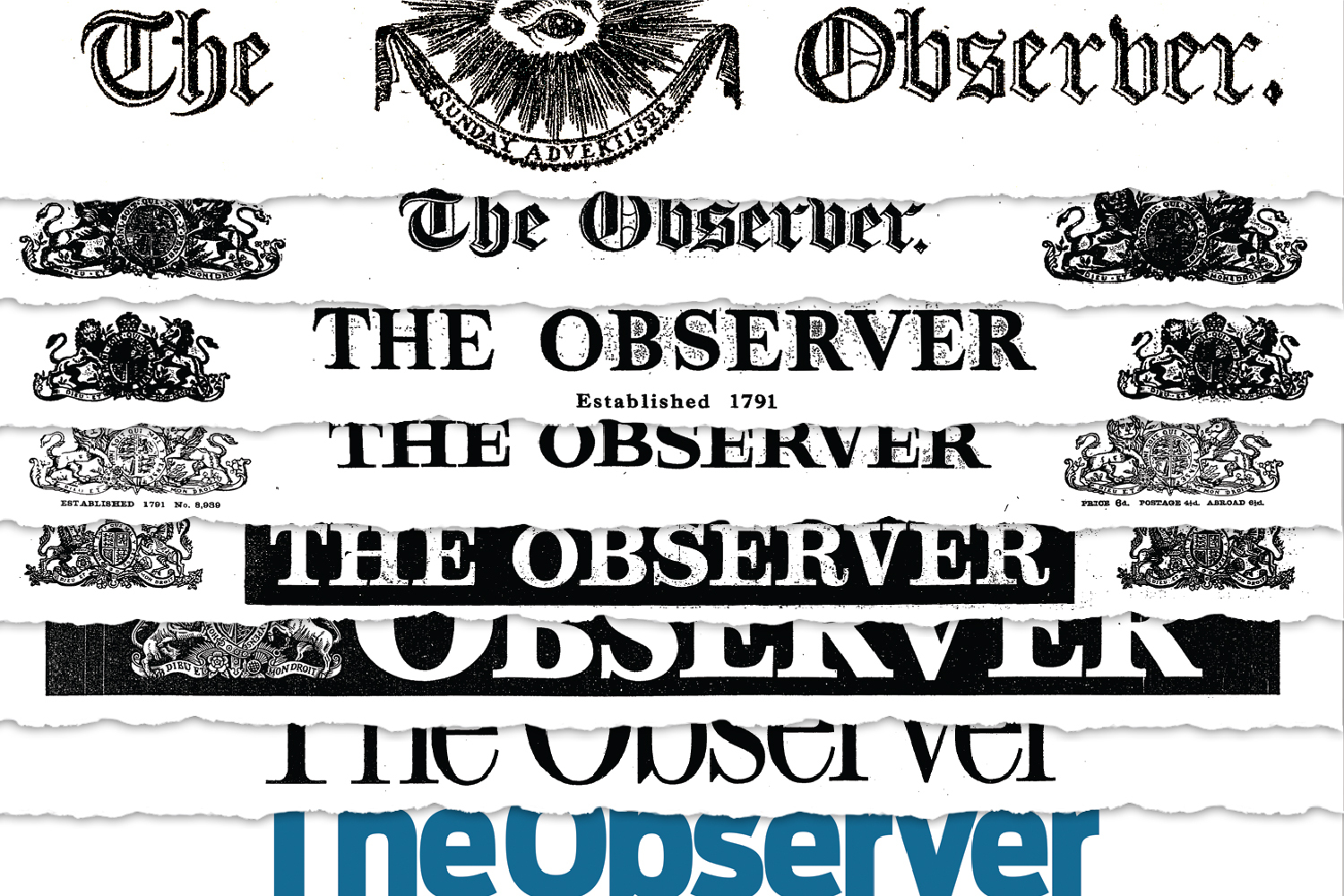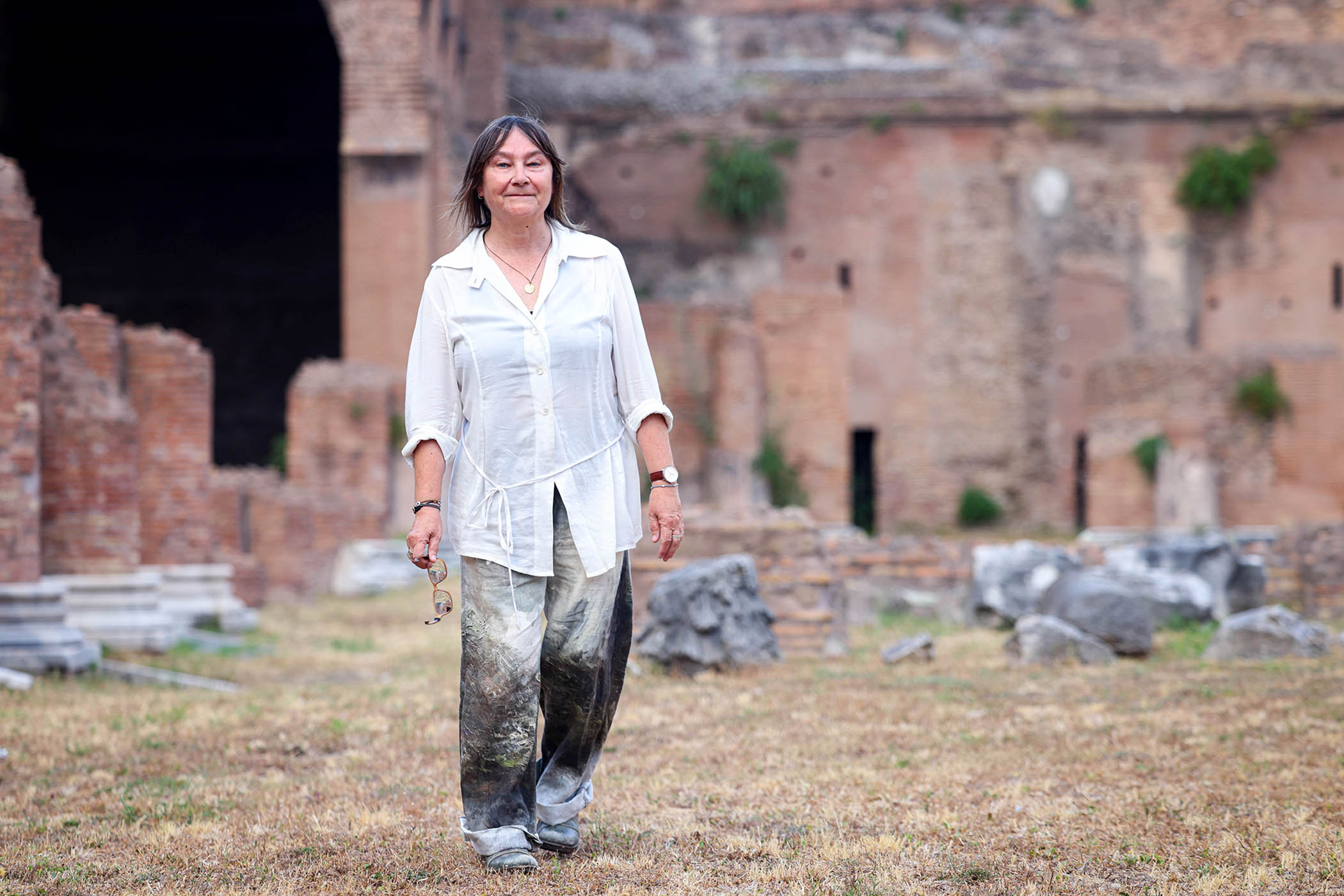On April the 27th, the 12,177th edition of The Observer was published. It is also the first under the new ownership. By our count, there have been nine previous owners of the world’s oldest Sunday newspaper. Even as the paper has changed hands over the years, it has remained remarkably true to its principles.
In 1791, it was established with a promise: “Unbiased by prejudice - uninfluenced by Party. Whose principle is Independence - whose object is Truth, and the dissemination of every Species of Knowledge that may conduce to the Happiness of Society.”
David Astor, the great editor and owner of the 20th century, wrote a memo on “the soul of the paper” in 1959. Animated by a set of ethics “roughly defined as trying to do the opposite of what Hitler would have done”, he listed the paper’s attitudes: “Treating opponents respectfully, opposing those who work up hatreds, but doing so non-violently; trying to understand people and to explain them to each other; valuing differences, not exaggerating your own case; avoiding overdramatisation or enjoyment of the sensational; practising moral courage, particularly daring to stand up to ridicule, and showing respect for that in others; discouraging herd thinking, particularly among those ‘on our side’; religiously, pedantically respecting truth; honouring reason and its extension to the study of the overwhelmingly irrational in all of us; challenging taboos and legends, particularly those our sort of reader usually accepts; avoiding the cheap and the spurious, and resisting the idea that it doesn’t matter much what we say as it will soon be forgotten; cultivating moderation with ‘extreme’ endurance; discouraging fighting for its own sake, but daring to pursue an unpopular cause solitarily; being wary of destructiveness, even when represented as an entertaining, cleansing or rejuvenating operation; deliberately cultivating doubt and scepticism, but not cynicism; practising self-criticism – as liberals, as internationalists, as journalists – as well as dishing it out to everyone else.”
As the tenth stewards of The Observer, we will do all we can to uphold those values and live up to those principles.
We start out with heartfelt thanks to The Guardian. In 1993, it stepped in to secure the future of The Observer and, ever since, it has committed financial resources and the time and talent of its people, both editorially and commercially, to ensuring The Observer remains a strong progressive, liberal and internationalist voice in the world. We will renew The Observer in that tradition.
We believe in the paper. We are not only committed to print, we want to improve it. We know the pleasure of thinking when reading a paper that is blissfully uninterrupted by digital alerts. If you notice things are crisper and the colours are brighter today, that is because we have upgraded the paper to the best available in Europe. We’ve maintained all the sections in print - the main paper, the separate sports section, The New Review, The Observer Magazine and The Observer Food Monthly - and, where we’ve felt we have more that’s really worth reading to add, we’ve expanded them. There’s so much to The Observer: we want it to be great value for money, a Sunday paper that you can happily read all week.
We’re building a digital future for The Observer too. For the first time, The Observer now has its own dedicated website - observer.co.uk. There will be daily Observer newsletters, if you want to sign up to them: one, the Sensemaker, which, as the name suggests, tries to make sense of what’s happening in the world each day; the other, the Daily, a selection of The Observer’s best writing and thinking in news and ideas, culture, style and food.
We’re starting to grow The Observer podcasts, establishing ObserverTV, we have a calendar of Observer live events and we’re developing the Observer app. As John Honderich, one of the paper’s longest serving sub-editors, puts it: “The world’s oldest Sunday newspaper is also becoming the newest.”
Related articles:
Other papers are defined by where they are or what they’re interested in. The Observer says what it does. Our thinking is informed by what we witness. We love the question, prizing curiosity over certainty. We’re fascinated both by imagination and information, knowing we can learn as much about life from the arts as the facts. We generally think it’s better to laugh at the world than shout at it. And, in our interests and cares, we agree with Chimamanda Ngozi Adichie that “dignity is as important as food”.
Who is the “we”? Tortoise Media is the company that has bought The Observer; we were established in 2018 as a slow newsroom, a digital start-up devoted to the idea of taking the time to make sense of the world and focused on podcasts, newsletters, data journalism and live events. We’re independent. We don’t have ties to any big media company; our investors have signed up to the principle of editorial independence, and none has a controlling stake. Sir Richard Lambert, former editor of the Financial Times, is head of the editorial board; Matthew Barzun, US ambassador to the UK in the Obama years, is chairman of the company.
Newsletters
Choose the newsletters you want to receive
View more
For information about how The Observer protects your data, read our Privacy Policy
We think observers are needed. Journalism, as Astor liked to say, is too important and interesting to be left to journalists. We hope that our readers, as your time and enthusiasm allows, will bring your experience and expertise to helping us get to a better understanding of issues, ideas and each other.
George Orwell, who wrote for The Observer, described it as “the enemy of nonsense”. Now, more than ever, it has a job to do.



